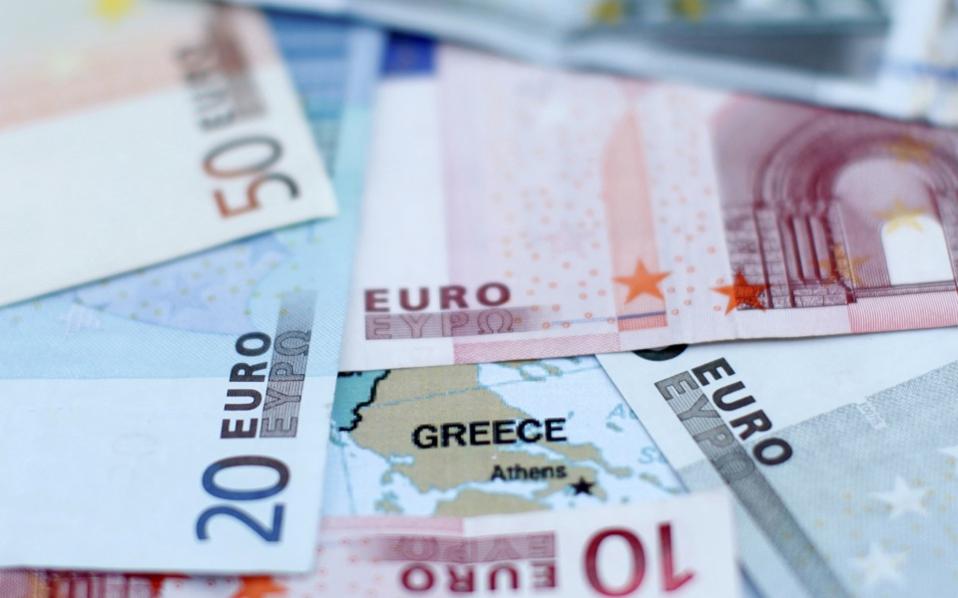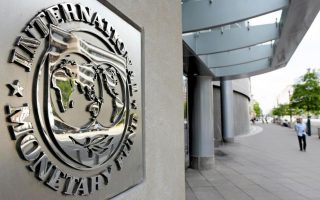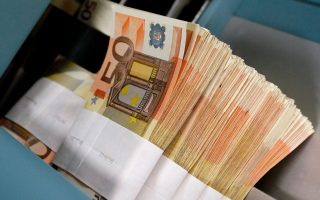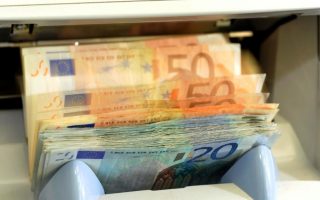Greece’s bond market comeback pushes borrowing costs to 7-year low

Greece's government borrowing costs held near their lowest level since 2010 on Tuesday as the country sought to end a three-year exile from financial markets.
Some five years since European Central Bank Mario Draghi's pledge to do "whatever it takes" to preserve the euro, the debt sale by the bloc's weakest economy is the clearest sign yet of the eurozone's recovery from a crippling debt crisis.
Greece will later on Tuesday sell a new five-year bond and conclude an offer to switch or tender old bonds maturing in 2019. Thomson Reuters' IFR reported on Tuesday it is aiming to sell the new debt at around 4.875 percent.
The yield – which moves inversely to prices – on the outstanding debt fell sharply to its lowest since issue in 2014 when the deal was announced on Monday. Investors snapped up the bonds in anticipation of being offered lucrative terms to switch into the new bond.
That bond also serves as the current measure of Greece's short-term borrowing costs, which hit their lowest in over seven years, according to Reuters data.
"The timing is favorable from a macroeconomic and market perspective," said Barclays' chief European economist Antonio Garcia Pascual.
Pascual said the timing of the deal was favourable for a number of reasons. These include the government's primary surplus and official funding support, improving economic conditions, limited political risks and debt relief that will likely be delivered later this year or next.
Athens's return comes after a bailout review last month, where lenders sketched out measures to chip away at its debt mountain – which stands at 180 percent of economic output – to be carried out when its current bailout ends in 2018.
Greece's two-year bond yield was little changed at 3.29 percent on Tuesday, above the low of 3.21 percent struck Monday.
Its return also spurred demand for other low-rated debt in the eurozone, with bonds of Portugal, Italy and Spain outperforming those in the bloc's powerhouse Germany.
The gap between Italian and German 10-year bond yields was the lowest since December 2016 at 153 basis points.
Greece's government has said that Tuesday's bond sale should be viewed as a test run and considered part of an overall strategy to ensure the country can fully return to markets next year.
"This step can only be considered a symbolic one because the highly indebted country, which is still dependent on financial assistance, would not be able to refinance itself in full via the capital market," DZ Bank analysts said in a note on Tuesday.
Greece's return to markets in 2014 with two bond sales proved short-lived as a newly-elected leftist government quarrelled with creditors over debt relief and yields surged.
[Reuters]





